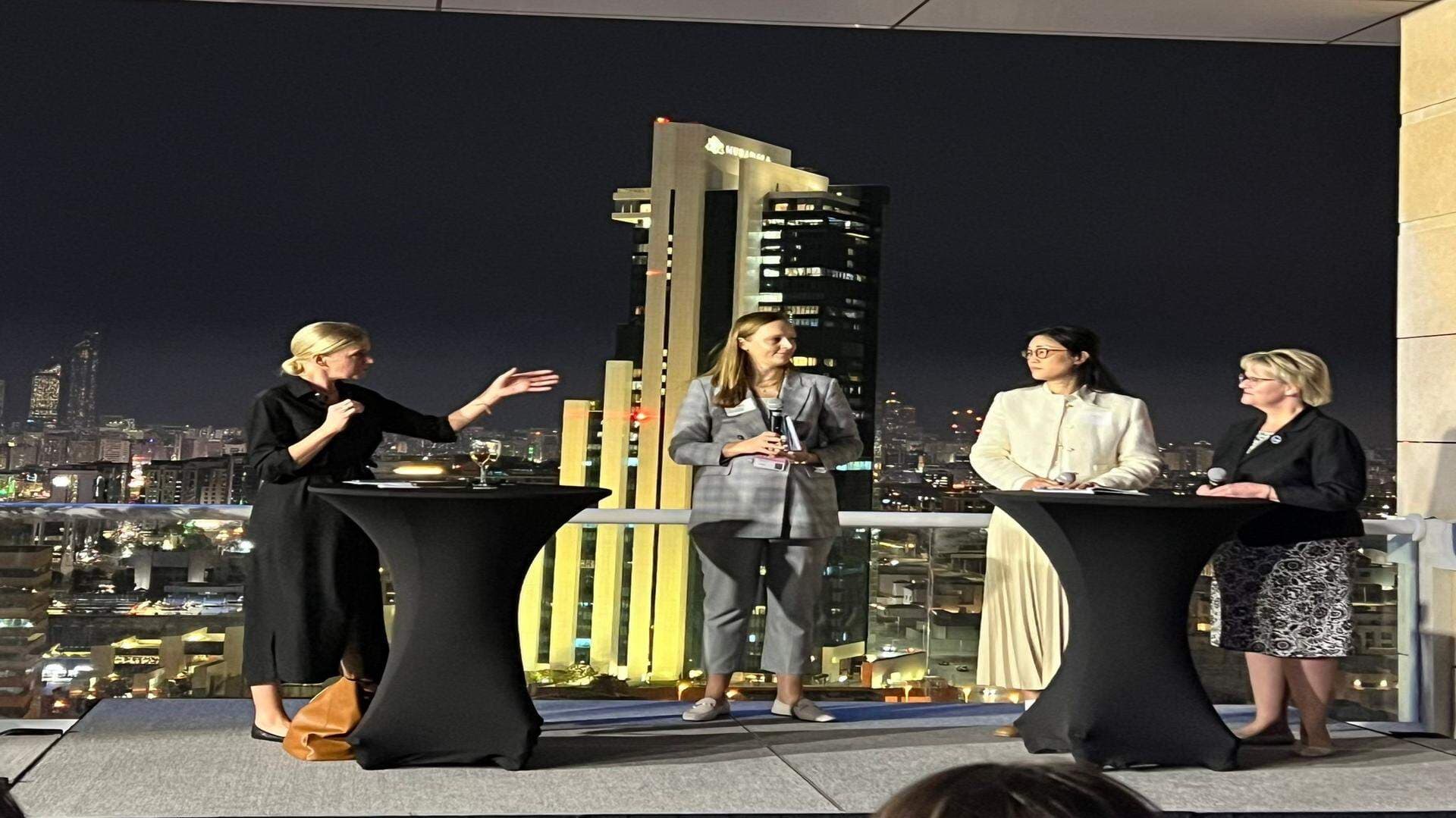Few outcomes from the WTO’s Ministerial Conference
The 13th Ministerial Conference of the World Trade Organization (WTO), MC13, started with limited expectations of significant outcomes; ultimately, such expectations proved well founded. However, some good news also emerged from the Conference; Ministers from the 164 member countries agreed to renew the e-commerce moratorium for a further two years – providing a degree of temporary relief for businesses.

The e-commerce moratorium is a key concern for the business community. It is this agreement that prevents member countries from imposing tariffs on electronic transmissions; it had been extended at every ministerial conference since 1998, and MC13 proved no exception. However, this year’s agreement introduced a novel provision, which specified that the moratorium would be terminated in March 2026 if all member countries do not agree to multilaterally extend it once more. This marks a significant difference over earlier agreements. The practical implications of this could be interpreted in a number of ways, but it undoubtedly places extra pressure on member countries to find some kind of solution over the next two years.
The business community has strongly advocated for a permanent solution of the moratorium, and this development signals the pressing need for WTO members to continue negotiations towards that end. In the event that a multilateral agreement cannot be achieved, reaching a plurilateral agreement should be investigated. However, failing to multilaterally agree on the moratorium would represent a historic setback for the WTO.
Other positive developments included a finalisation of the agreement on domestic services regulation and a conclusion to the negotiations on investment facilitation. These two plurilateral agreements will result in significant benefits for Swedish businesses.



On a more negative side, however, several important negotiations remained unresolved. On the topic of restoring the dispute settlement system, members agreed to aim to identify a long-term solution by the end of 2024. Experience suggests that this is not the same as there actually being a solution in place by the end of the year. The main issue remains finding a solution for re-establishing a functioning appellate body. Here, the U.S. is playing a major role, as it is blocking the appointment of new judges. The upcoming U.S. elections in November will undoubtedly influence the outcome of these discussions.
The main reason behind a not-so-productive MC13 spells national politics.
Member countries also failed to manage to neither conclude the second part of the negotiations on fisheries subsidies nor reach any outcome on agricultural matters. All this stems mainly from opposition from India. These unresolved issues will carry over to future negotiations in Geneva, with hopes that they will advance at the next WTO ministerial meeting - MC14 - scheduled for March 2026.
The main reason behind this not-so-productive MC13 is down to national interests and politics. More specifically, the national elections in both India and the U.S., both of which will go to the polls in 2024. Reportedly, the U.S. failed to invest sufficiently to secure outcomes ahead of the November elections, and India blocked progress in several important discussions in order to score political points on home turf. Yet when all is said and done, it is the business community that will feel the real consequences of these manoeuvres.
Yet positive signs remain; despite the recently modest outcomes of the WTO, there was a strong business community presence in Abu Dhabi. This underscores the enduring importance of the WTO to business, and the continuing support of business for the organisation. The WTO rules are working for companies, and any undermining of them would be detrimental. Too often, we fail to recognise this in the WTO context.
The Swedish business community needs to step up its efforts in supporting the multilateral trading system.
Against this backdrop, the Confederation of Swedish Enterprise, in partnership with BusinessEurope and the U.S. Chamber of Commerce, hosted an informal event on the sidelines of MC13 entitled ‘The Importance of the WTO for Business’. This gathering attracted business organisations, government officials and companies from around the world, allowing them to discuss the importance of the WTO for businesses and the potential costs of any regression in the multilateral trading system. As part of a brief panel discussion, representatives from IKEA, Dow Inc. and Siemens AG offered concrete examples that illustrated these points from the perspectives of their respective companies.
The Swedish business community needs to step up its efforts in supporting the multilateral trading system, an approach that has meant predictable rules for global trade and has therefore ensured growth and prosperity. Today’s challenges need global solutions, and the WTO provides a suitable forum for that. Despite the fact that there is not always progress, the WTO rules still work for businesses and provide necessary stability and predictability in global markets.